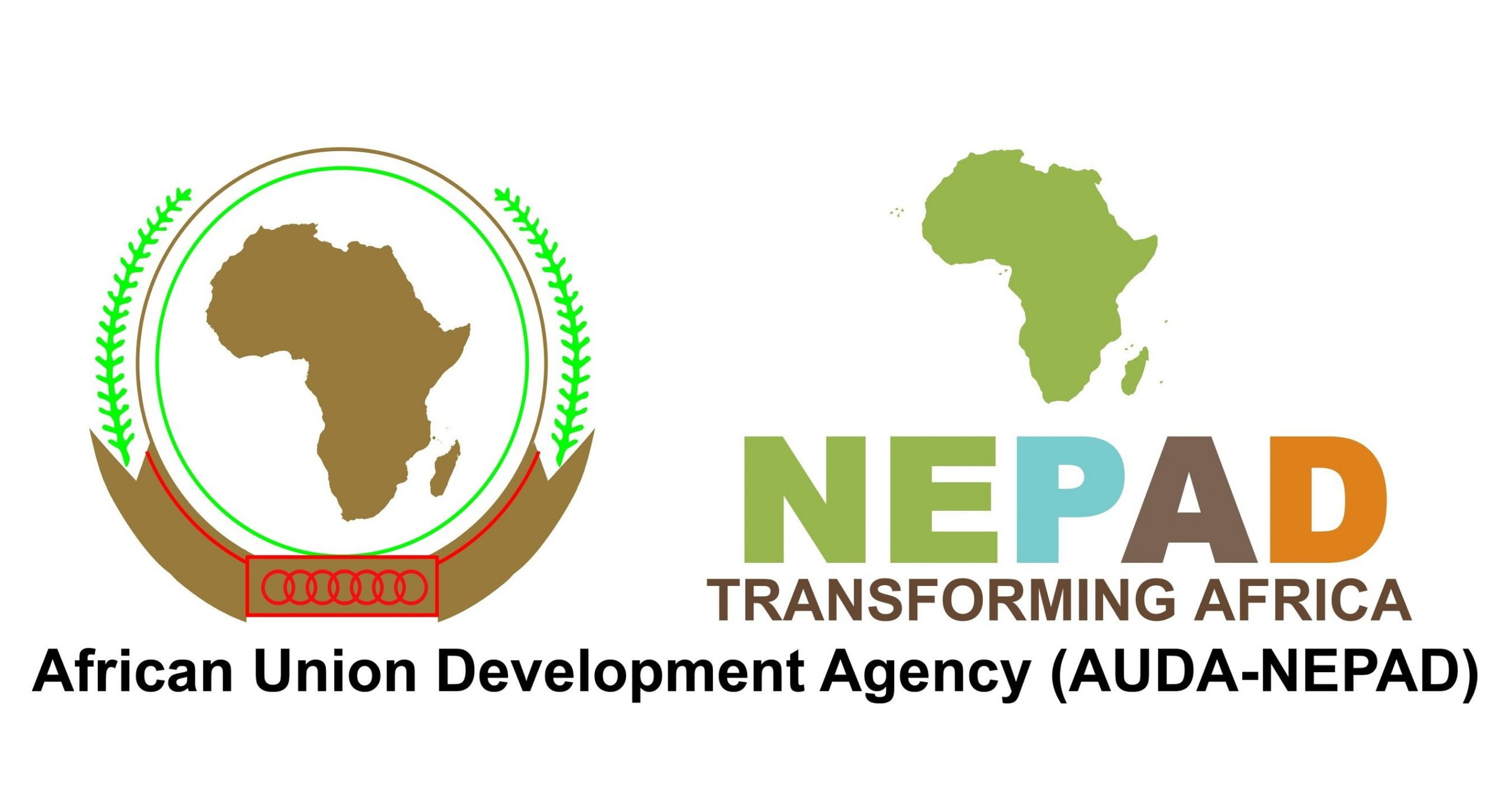The African Union Development Agency (AUDA-NEPAD) has called on the government of China to partner with the Nigerian government to domesticate Juncao Technology in the country’s universities of agriculture.
Princess Gloria Akobundu, the Chief Executive Officer of AUDA-NEPAD, Nigeria, said this in Abuja on Tuesday at a three-day workshop on application of Juncao Technology and its contribution to the Sustainable Development Goals (SDGs).
Juncao Technology is an environmental friendly system that capacitates smallholder farmers and entrepreneurs to grow mushrooms from dried, chopped grasses, without cutting down trees and damaging the environment.
The technology could also be used for producing cattle feed, methane gas and minimise soil erosion to combat desertification.
She said the technology when domesticated would create direct and indirect jobs, promote agro business, ensure sustainability and enhance nutrition.
According to Akobundu, other benefits of the technology would add value to the economy and grow the Gross Domestic Product (GDP) of the country.
”It is no longer news that COVID-19 has significantly worsened the economy and food security situation of many homes, especially poorer households.
”This workshop, therefore, could not have come at a better time than now to address the challenges of food insecurity and malnutrition.
”We can move closer to the goal of attaining Zero Hunger (Sustainable Development Goals 2) if we explore new options like the Juncao technology.
”The technology will contribute greatly to the achievement of UN agenda 2030 and AU Agenda 2063.
”It will also help to ensure that smallholder farmers, rural women and youth have sustainable livelihoods and decent employment for poverty eradication and food sufficiency,” she said.
Dr Mahmood Abubakar, the Minister of Agriculture and Rural Development, said the technology revolved around fodder production, land reclamation and mushroom production which were essential components of climate change mitigation.
Abubakar, represented by Alhaji Abdullahi Abubakar, an official of the ministry, said the ministry was looking forward to potential leverages that the technology would provide.
”Mushroom farming is one of the many farming businesses in Nigeria that promises huge money prospect but yet to gain ground.
”Available information reveals that the gap between demand and production per year is about 900 tonnes.
”Expectedly, this capacity workshop on will stimulate more interest that can escalate the production of mushroom to meet local demand and for export,” he said.
Sen. Abba Ali, the Chairman, Governing Board of the African Peer Review Mechanism (APRM), said the technology was a welcome development due to the importance of agriculture.
In his contribution, Mr Matthia Schmale, UN Resident Coordinator, Nigeria, expressed gratitude to the AUDA/NEPAD coordinator and the ministry of agriculture for embracing the first phase of the technology in 2019.
According to him, the technology is not new in Nigeria, the first Juncao site was established in Abador in Bauchi State with the objectives of combating desertification and addressing the effects of climate change.
“In order to address the negative effects of the COVID-19 Pandemic, the AUDA/NEPAD, in collaboration with continental body, initiated the innovative projects on strengthening the smallholder farmers’ capabilities.
” This is to ameliorate the effects of COVID-19 in Nigeria.
“We were excited to receive the letter of interest from the coordinator of AUDA/NEPAD of Nigeria early this year to be part of the second phase of this project, we are therefore excited to help Nigeria as the pilot country during this second phase, ” he said.
In his comments, the People’s Republic of China Ambassador to Nigeria, Mr Cui Jianchun, expressed his country’s readiness to partner with Nigeria to develop research on economic affairs with the aim of up scaling agricultural production technologically.
“We are working on developing research on economic affairs.
“So I do believe that Nigerian team is leading the international community to develop for the people economically, socially.
“And today is a very good example for your students in technology and I know that Nigeria has set a very different example in the whole Africa, ” Jianchun said. (NAN) (www.nannews.ng)






2 Comments